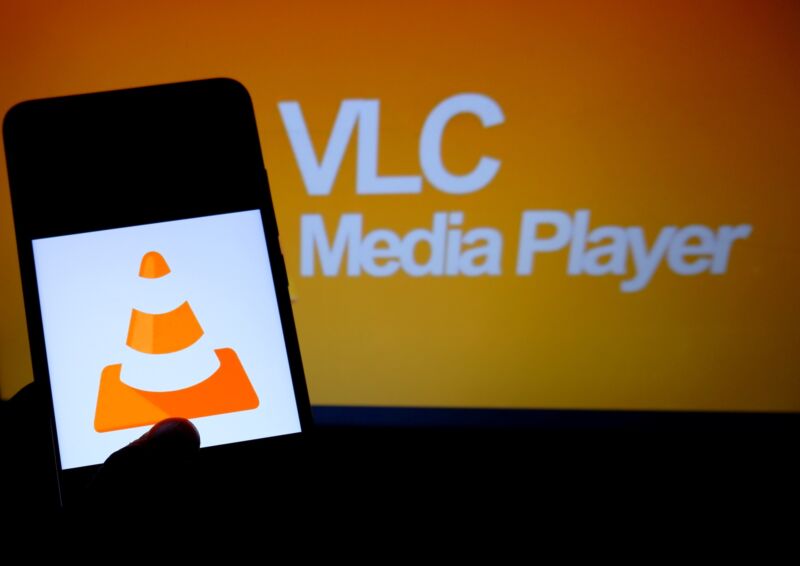
VideoLAN is threatening to sue India's government, saying it has received no explanation for why the VLC website has been blocked by Indian ISPs for the past six months.
"In March 2022, to our shock and dismay, the URL 'https://www.videolan.org/' appeared to have been blocked for viewing in India without any prior notice to me or any other person in the organization," VideoLAN president and lead VLC developer Jean-Baptiste Kempf wrote in a September 30 letter to India's Department of Telecommunications. "Despite reportage and uproar on social media, no reasons for blocking the URL were provided to us, or to the Indian public."
The letter said attempts to reach the URL in India resulted in the message, "Your requested URL has been blocked as per the directions received from the Department of Telecommunications, Government of India."
VideoLAN is a French nonprofit organization that developed the free, open source VLC Media Player. In an email, Kempf told Ars that "VideoLAN is an organization that does not do politics (we only take position on anti-DRM and pro-open source subjects). So this topic is a bit of a shock to us."
VideoLAN's letter told Indian government officials that the blocking "is particularly shocking to us, since the Government of India itself endorses the use of VLC as a part of its Digital India initiative, where it has expressed its intention to use open-source softwares for government applications. In fact, the Government of India also appears to use VLC Media Player's icon and logo on its website promoting open source softwares."
The letter to India's government said, "VLC is currently being used by 80 million Indians, and has consistently seen an average of 25 million downloads per year in India since its release. For millions of Indians VLC is the primary choice for running all kinds of media formats for free."
Speculation, but no firm answers on blocking
There's been speculation that the ISP blocking was due to a misunderstanding around a hacking campaign in which a Chinese state-backed group reportedly "exploit[ed] the legitimate VLC Media Player by launching a custom loader via the VLC Exports function."
However, Kempf noted in his email to us that the website-blocking began weeks before the hacking campaign was revealed in April. He also pointed out that "the Chinese hackers used a modified version of VLC." The hack apparently also only works with an outdated version of VLC.
Kempf's letter to India's Department of Telecommunications requested "a copy of the reasoned blocking order issued for blocking of the URL, and an opportunity to defend my case through a virtual hearing." VideoLAN is entitled to those remedies under India's Blocking Rules, the letter said.
"If you fail to comply with the above, we will be entitled and compelled to initiate legal proceedings against you, for failing to protect our rights as guaranteed by the Constitution of India, for violation of your obligations under international law, and for breach of your own Rules. Any such proceedings, if initiated, shall be solely at your risk, cost and consequences," the letter said.
VideoLAN has help in legal battle
The Internet Freedom Foundation (IFF) said it helped VideoLAN draft the legal notice. The website-blocking "was done without any prior notice, or affording VideoLAN an opportunity of hearing, which is contrary to the 2009 Blocking Rules and the law laid down by the Supreme Court in Shreya Singhal v Union of India," the IFF said.
In June, the IFF sought details about the URL ban in a filing to the Department of Telecommunications but said it received no information. The VideoLAN letter said that "several members of the Indian public and civil society" filed similar requests for information. Those requests were transferred to the Ministry of Electronics and Information Technology, which "responded to these RTI [Right to Information] Applications stating that no information was available with them," according to the letter.
"We believe that VideoLAN is legally entitled to its demands and we hope that the government follows the letter and the spirit of the law in responding to them," the IFF said, adding that it "will continue to provide legal assistance to VideoLAN in this arbitrary and illegal exercise of censorship."
Reader Comments (54)
View comments on forumLoading comments...